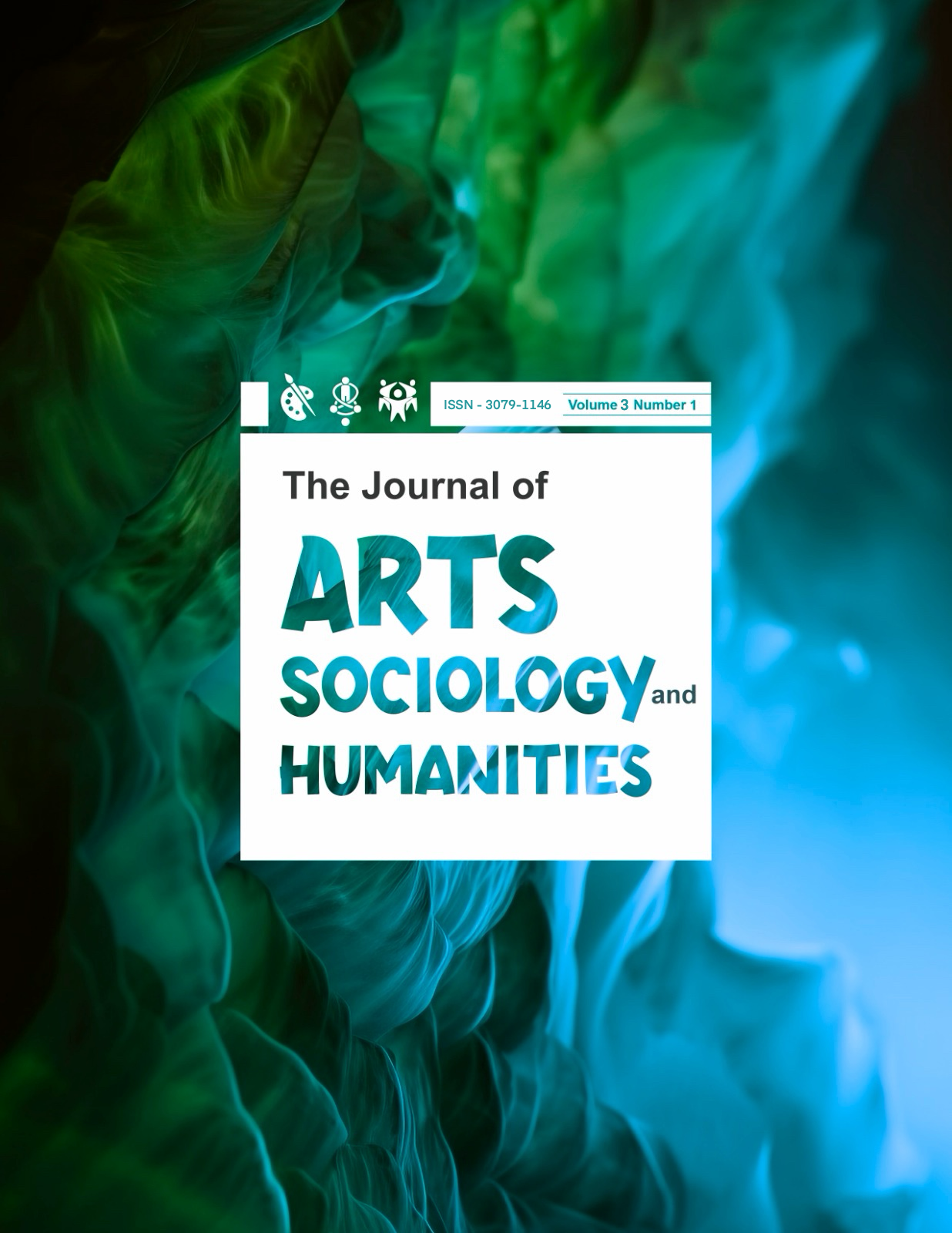The Dynamics of Counterculture in Boulle’s Planet of The Apes: A Study of Alterity in Postcolonial Context
Abstract
This research offers a postcolonial analysis of Pierre Boulle’s science fiction novel Planet of the Apes (1964). The novel explores complex themes, using apes as an allegory to depict an inversion of power dynamics in which apes become the center of power and humans are relegated to the position of the “other.” This study is grounded in the conceptual frameworks of Michel Foucault’s notion of power and Edward Said’s theory of othering, supported by Aldo Leopold’s concept of eco-grief. The originality of this work lies in examining how counterculture emerges when “center” and “other” reverse their roles in the power hierarchy, leading to environmental degradation and ecological grief. The objectives of this research are to analyze the role of eco-grief in the inversion of power dynamics and to explore how the concepts of othering and its reversal operate within this science fiction narrative. This qualitative research employs close textual analysis to deepen the interpretation of the novel. The study highlights how knowledge functions as a source of power and how its absence can result in ecological grief and social disintegration.
Keywords: Power Dynamics, Othering, Center, Counterculture, Eco-Grief.
Downloads
Published
Issue
Section
License
Copyright (c) 2025 Urwa Burney , Sonia Bokhari (Author)

This work is licensed under a Creative Commons Attribution 4.0 International License.






